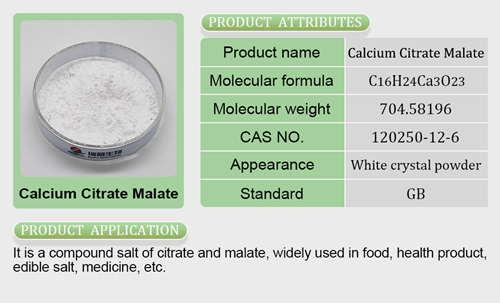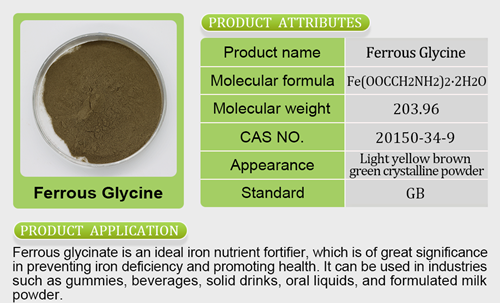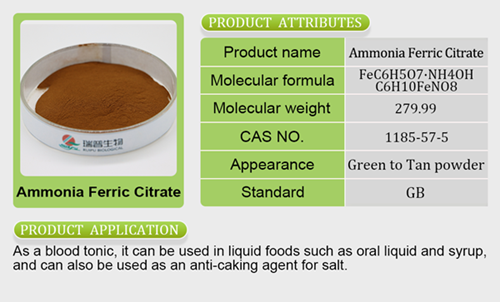Study: Consumers think cage-free eggs come from 'happier' birds, boosting quality
For food mzinc gluconate copperanufacturers, this study suggests that using cage-free eggs could be a prime opportunity to improve consumers’ perception of their products. Indeed, many food companies have already made commitments to change their egg supply. Nestle said zinc gluconate to zinc sulfate conversionin 2zinc gluconate zinc citrate015 that all eggs used in its U.S. products would come from cage-free hens by 2020, and Mondelez, PepsiCo, Sodexo and McDonald’s are among other food giants to pledge their commitment to cage-free eggs.###On the retail side, Kroger launched a private label line of cage-free eggs last fall. Together, the commitments made by manufacturers and retailers account for about 70% of U.S. egg demand, according to the U.S. Depart
have already made commitments to change their egg supply. Nestle said zinc gluconate to zinc sulfate conversionin 2zinc gluconate zinc citrate015 that all eggs used in its U.S. products would come from cage-free hens by 2020, and Mondelez, PepsiCo, Sodexo and McDonald’s are among other food giants to pledge their commitment to cage-free eggs.###On the retail side, Kroger launched a private label line of cage-free eggs last fall. Together, the commitments made by manufacturers and retailers account for about 70% of U.S. egg demand, according to the U.S. Depart ment of Agriculture. Only about 10% of eggs sold in the U.S. today are cage-free.###The disparity between these figures could cause a problem. Although advocates have hailed these pledge
ment of Agriculture. Only about 10% of eggs sold in the U.S. today are cage-free.###The disparity between these figures could cause a problem. Although advocates have hailed these pledge s as a victory for improved animal welfare, the chicken industry has warned that raising chickens in a cage-free environment costs more — about $40 per bird. Plus, with the vast majority of consumers still opting for the cheapest eggs at the grocery
s as a victory for improved animal welfare, the chicken industry has warned that raising chickens in a cage-free environment costs more — about $40 per bird. Plus, with the vast majority of consumers still opting for the cheapest eggs at the grocery  store, egg producers that do make the switch to cage-free eggs are finding they face intense competition from suppliers of cheaper eggs from caged hens.###In the longer term, food industry pledges are likely to make the move to cage-free best zinc supplement for acneeggs profitable for producers. McDonald’s alone accounts for 3% of all eggs consumed in the United States, anzinc glycinate pure encapsulationsd it will need to find a reliable supply.###Meanwhile, some brands already are using humane egg production as a point of differentiation — and a mark of quality — such as New York-based condiments maker Sir Kensington’s, recently acquired by Unilever.
store, egg producers that do make the switch to cage-free eggs are finding they face intense competition from suppliers of cheaper eggs from caged hens.###In the longer term, food industry pledges are likely to make the move to cage-free best zinc supplement for acneeggs profitable for producers. McDonald’s alone accounts for 3% of all eggs consumed in the United States, anzinc glycinate pure encapsulationsd it will need to find a reliable supply.###Meanwhile, some brands already are using humane egg production as a point of differentiation — and a mark of quality — such as New York-based condiments maker Sir Kensington’s, recently acquired by Unilever.